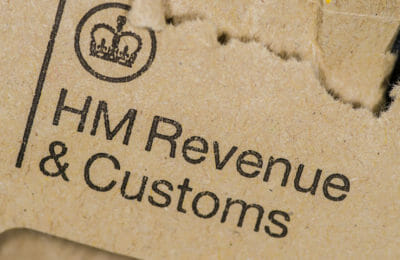In 2022, France was hit with a wave of strikes and violent protests. Why? Because the government proposed raising the state pension age from 62 to 64.
It’s hard to imagine the same situation happening over here. Yet our state pension age is not only much higher than in France, it’s creeping up. What’s more, new research suggests it may need to rise to 71 for anyone born after April 1970.
How has the UK state pension age changed?
From 1940 to 2010, the state pension age was 60 for women and 65 for men. From that date, various pieces of legislation have nudged the age threshold upwards. By 2018, women’s retirement age had increased to 65. In 2020 it went up to 66 for both men and women. It will increase to 67 between 2026 and 2028.
Under current legislation, the state pension age will go up to 68 between 2044 and 2046. However, reports have claimed that ministers planned to bring forward this increase to happen between 2037 and 2039.
Following the recent change in government a decision on this is expected soon.
Could the UK retirement go up even more?
There is currently speculation that the state pension age will need to rise to 71. This is the finding of a piece of research by the International Longevity Centre UK. This predicts that this rise will need to happen by 2050 in order to maintain the same number of workers per retiree.
However, the author of the report, Les Mayhew, believes the retirement age may need to be set even higher when you take into account preventable ill health. This is because only half of adults at 70 are disability free and able to work.
Jonathan Cribb from the Institute for Fiscal Studies argues that, if the pension age increases, it needs to be combined with other cost savings. He says that state pensions and pension benefits will go up by £45 billion by 2050. Over the same period, spending on health and social care is projected to increase by £105 billion. In essence, if the government is to successfully raise the state pension age, it needs to invest in keeping people healthier until they are older.
How can I check when I’ll get my pension?
If you’re not sure when you’ll qualify for your state pension, you can use this tool. It will tell you when you reach your state pension age, your pension credit qualifying age and when you’ll get free bus travel. Currently, I’m due to get my state pension and bus pass from 2041. If I lived in Scotland, Wales or Northern Ireland, I’d get my bus pass in 2034.
Of course, if the state pension age increases before 2041, then these dates would change.
How much state pension will I get?
To get the full state pension, you need to make 35 full years of qualifying National Insurance payments. You can check your National Insurance record here.
If you have quite a few ‘missing’ years, you have until 5th April 2025 to ‘buy back’ missing years as far back as 2006. After then, you’ll only be able to buy back any gaps during the previous six years. See our article on the new state pension top-up deadline for full details.
State pensions and tax
As a final word, it’s worth remembering that state pension income can be taxable. The full state pension is currently £11,973 per year from April 2025. Your annual tax-free income tax allowance is £12,570. As you can see, it doesn’t take much extra income to push you into taxation. If you’d like help with tax planning, talk to your THP account manager today.
About Ben Locker
Ben Locker is a copywriter who specialises in business-to-business marketing, writing about everything from software and accountancy to construction and power tools. He co-founded the Professional Copywriters’ Network, the UK’s association for commercial writers, and is named in Direct Marketing Association research as ‘one of the copywriters who copywriters rate’.












